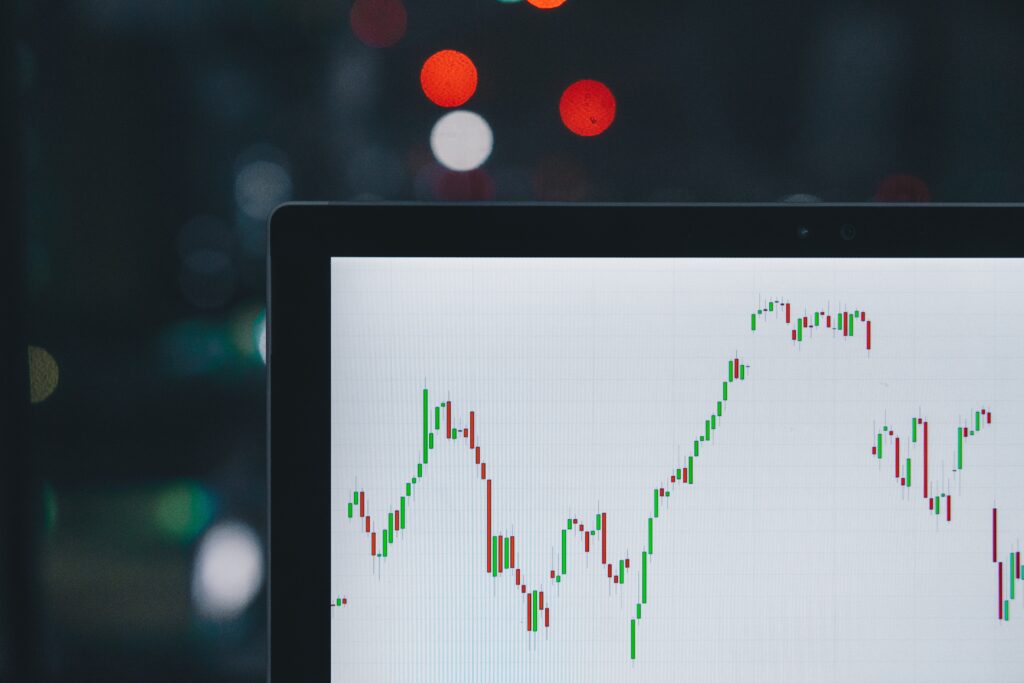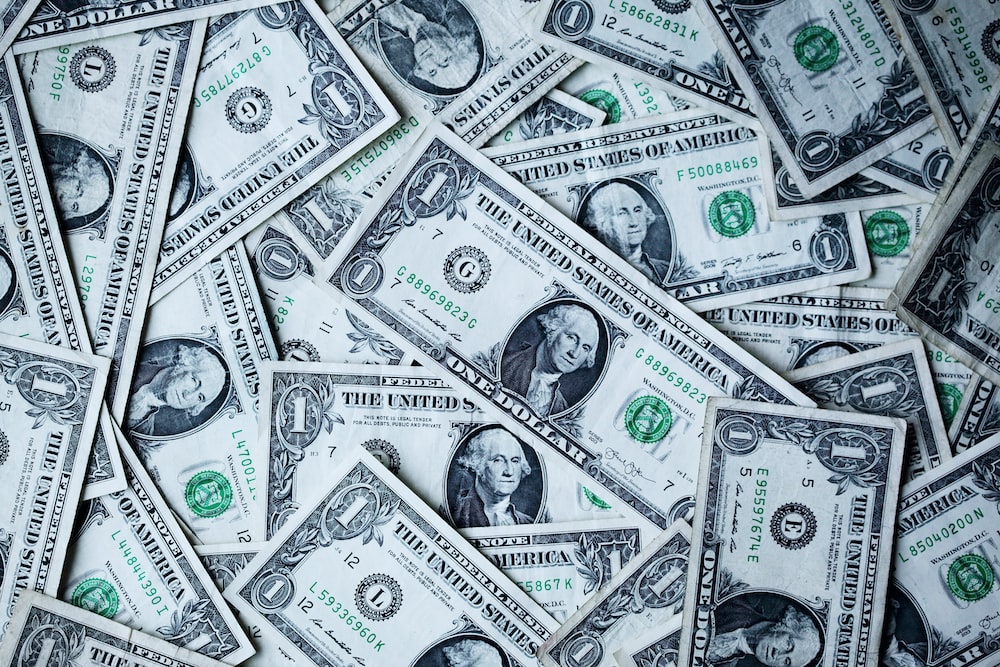The Heard on the Street Recap: It’s Only Tuesday

Investors were in a jittery state of mind on Tuesday, with Halloween in the rear-view mirror but a Federal Reserve meeting and crucial jobs report on the horizon. The Fed is widely expected to raise rates by another three-quarter of a percentage point on Wednesday. The key question for markets is whether it will signal […]
Hong Kong Leads Asia Advance Before Rate Decisions: Markets Wrap

Stocks advanced during the Asian trading session amid higher bond yields and investor focus on central bank decisions and the pace of further interest rate hikes. An Asian equity gauge surged for the second straight day as the sell-off in Hong Kong and China shares paused. Tech shares gained more than 5% and led a […]
Stocks Mixed Before Earnings, Central Bank Moves: Markets Wrap

Stocks were mixed at the start of another busy week of earnings and key central bank decisions. Europe’s Stoxx 600 index fluctuated, while US futures declined after posting their best two-week rally since November 2020. Chipmakers and Chinese stocks listed in the US fell in premarket trading. The dollar rose and the yen fell as […]
Where Are Markets Headed? Six Pros Take Their Best Guess

A massive selloff in bonds. A plunge in tech stocks. The implosion of cryptocurrencies. The highest inflation in four decades. Amid a brutal and uncertain climate, we asked six heavyweights in the world of finance to share their thoughts on the state of the markets, how they have handled this year’s carnage and what they […]
US Futures Slide as Yields, Big Tech Snap Rally: Markets Wrap

Stocks slid along with US equity futures as disappointing results from tech giants soured sentiment and marred a tentative recovery in equities. Treasury yields rose. Contracts on the tech-heavy Nasdaq 100 pared losses to trade 0.6% lower on Amazon.com Inc.’s plunge after hours as its sales forecast trailed estimates. S&P 500 futures recouped most of an […]
Stocks Rise Amid Earnings Stampede, Hopes for Easier Fed Policy

U.S. stock indexes rose on Tuesday, continuing a market rally that propelled the Dow Jones Industrial Average to a six-week high. The S&P 500 rose 61.77 points, or 1.6%, to 3859.11 on Tuesday while the tech-heavy Nasdaq Composite added 246.50 points, or 2.3%, to 11199.12. The blue-chip Dow industrials advanced 337.12 points, or 1.1%, to 31836.74. Investors […]
Shinsei Bank Share Rally Fades as SBI Denies Privatization Plans

SBI Holdings Inc. said it doesn’t have concrete plans to take consumer lender Shinsei Bank private, denying a local media report that sent shares up by the most in 14 months in early Tokyo trading. The response came after Kyodo reported that Japan’s largest online brokerage will hold discussions with the nation’s Financial Services Agency […]
Credit Suisse’s Loan Portfolios Attract Japan’s Biggest Lender, Sources Say

Mitsubishi UFJ Financial Group Inc. is evaluating an acquisition of some loan portfolios from Credit Suisse Group AG to expand its business in the US, according to people with knowledge of the matter. Japan’s biggest lender is also vetting bundles of the Swiss bank’s global loans in sectors including aviation and pension funds, said one of the […]
EU to Unveil Interim Gas Market Steps With No Fast Price Cap

The European Union is unveiling a new emergency package to tackle the energy crunch, betting on steps to bolster solidarity among member states. But the bloc will refrain from immediate gas-price caps amid political divisions and concerns over security of supply. The European Commission plans Tuesday to propose measures to avoid extreme price spikes in […]
Stocks Drop in Asia, Dollar Dips Amid Wary Trading: Markets Wrap

Asian equities fell while major currencies made gains against the dollar in a cautious open to the week following further weakness on Wall Street and a defiant message to the world from China’s Communist Party congress. A gauge of the region’s stocks slumped about 1%, led by technology companies in Hong Kong, while futures pointed to […]
